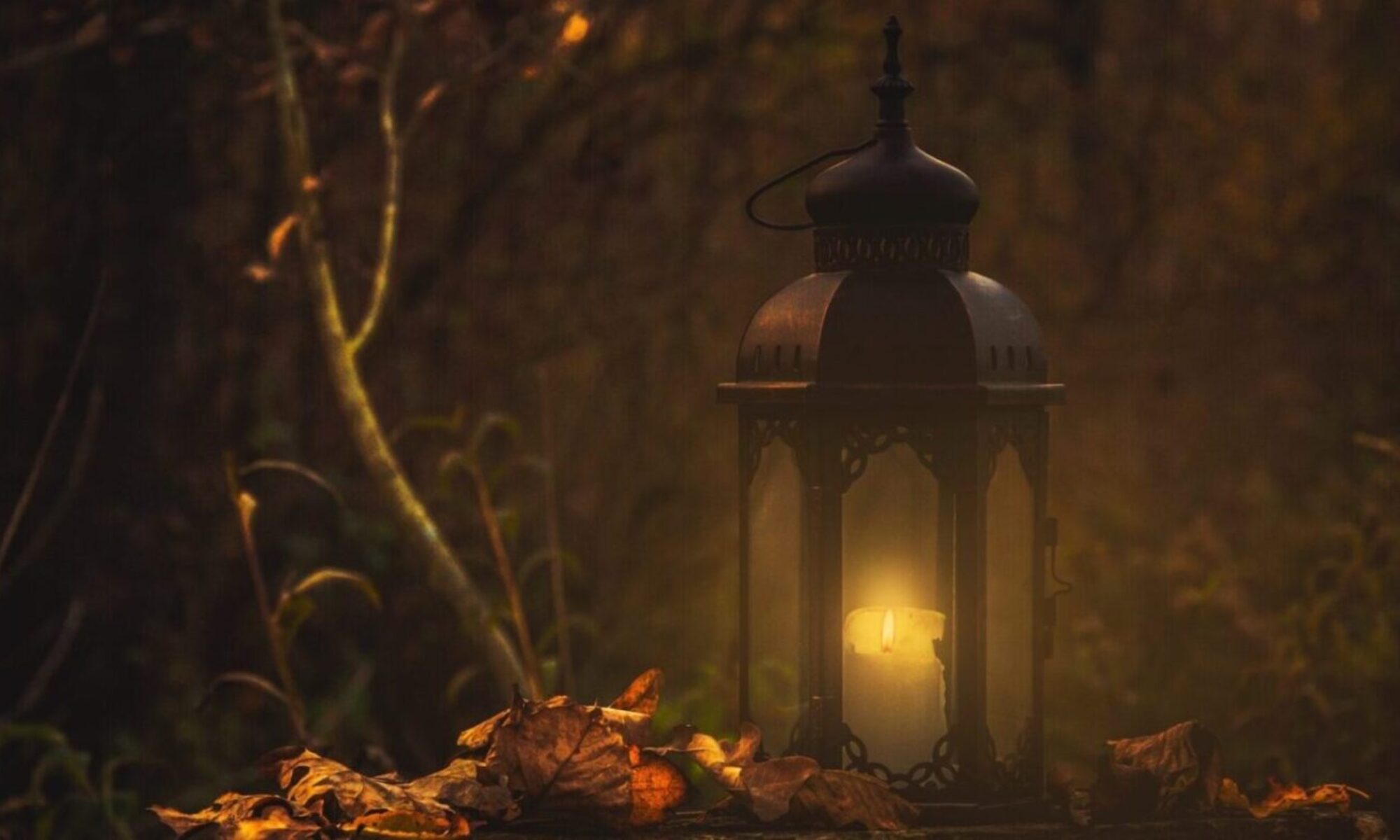I always appreciate you taking the time to read my Journal posts. I try not to post too often, only when I feel I have something meaningful to discuss. Plus, as I’ve often said, I would rather be writing my next book than talking about it.
But the fantastic thing about this Journal is that the more you know about the person writing the book, the better your experience as a reader. You’re able to learn something about me and the reasons why I want to share my stories with you.
In this post, I’ll discuss a few of my thoughts about how I write and the motivation I use to keep writing.
At the top of my list of rules, I believe the most important is to write often, daily if possible. I don’t always achieve the daily routine, but it’s something I strive to accomplish. I try to read a lot as well, although I have some friends that put me to shame. For me, reading a good book is a treat, one to relish and not to be rushed.
The term used for my method of writing is called a pantser. There are two kinds of writers: plotters and pantsers. As the names imply, a plotter is someone who plots their novel, frequently in great detail, before they begin. A pantser is someone who flies by the seat of their pants when they write.
Although I’m a pantser, I prefer to call it a discovery method. As I write, the story takes me where it wants to go. I have tried to be a plotter. At the beginning of a new book, I’ll typically draft a basic outline. But as I start writing, I always go off-script, and I’ll find myself in unexpected places. For me, that’s one of the great joys of writing,
The problem with the pantser method of writing is that I can end-up writing myself into a corner. That’s what happened as I was writing this third book, Elthea’s Paradox (hopefully out later this year). About a third of the way through the book, I realized the story wasn’t developing the way I liked so I started over and completely rewrote much of it. The good news is that the book is so much better because of the false start.
Someone once told me that the real process of writing begins once you are editing the book. I believe it. As I continue to expand the number of books I’ve published, I’ve started to realize how crucial good editing is to the finished product. And more significantly, I realize how important it is for others to edit my work.
Among my other rules, one of them is a commitment to stick with it. Writing fiction as a career is a marathon, not a sprint. I try not to be discouraged; at least I don’t stay that way for too long. I know that at some point, the story will come together and will be loved by all. And if I do receive a negative review, I manage to get back up, dust off, and begin again. Rejection stings, but it’s a part of life.
That’s it for now. I’ll be in touch again. Until then, happy reading!

